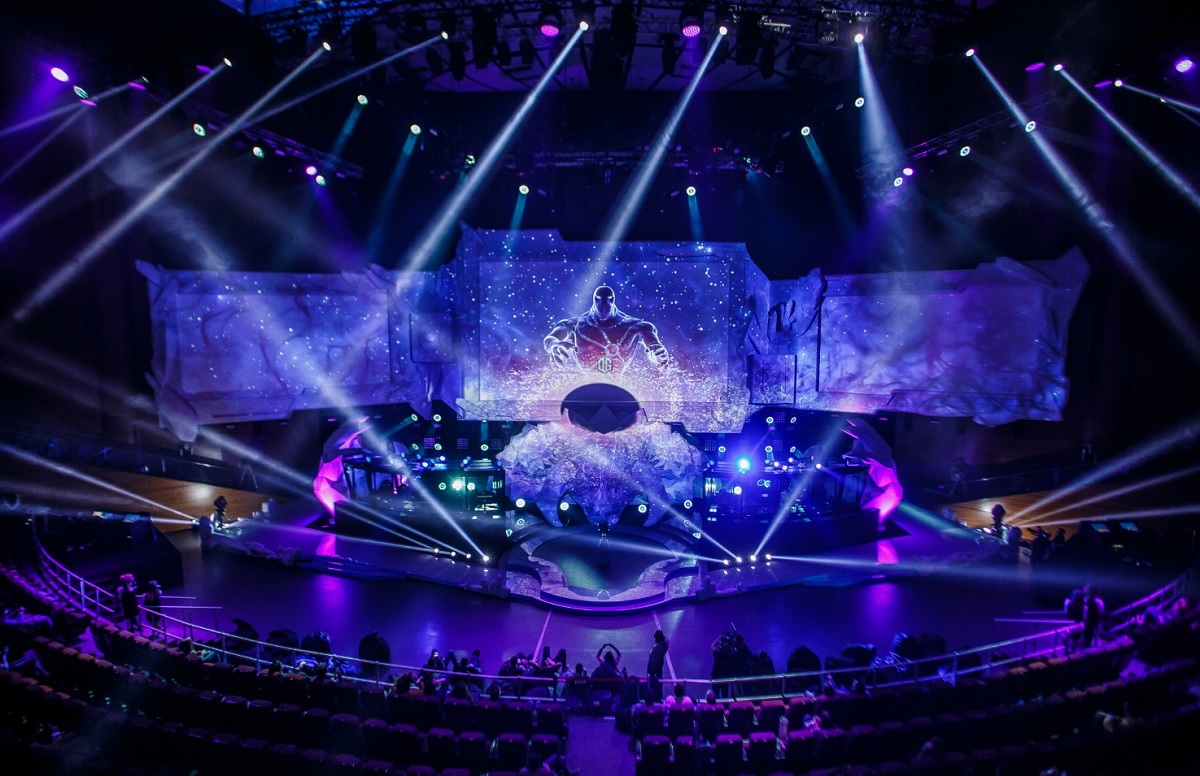Prize Payments is launching a service to simplify the payment of cash prizes for esports tournament winners.
This business opportunity exists because prize pools for esports are could surpass $300 million in 2019, but paying winners is harder than it should be, given the complicated rules for international payments and rules for fighting money laundering. The global esports viewing audience is projected to grow to 454 million viewers by the end of 2019 with the value of the market exceeding $1 billion in 2019 and up to $1.6 billion by 2021, according to market researcher Newzoo. Figuring out how to pay out prize pools will be an important aspect of this growth.

Unlock premium content and VIP community perks with GB M A X!
Join now to enjoy our free and premium membership perks.
![]()

![]()